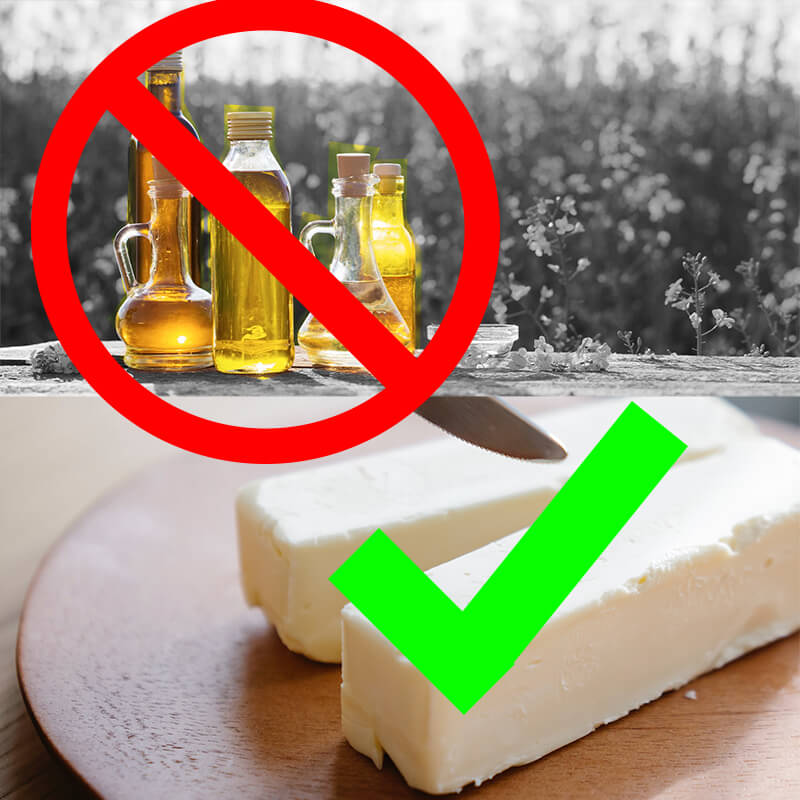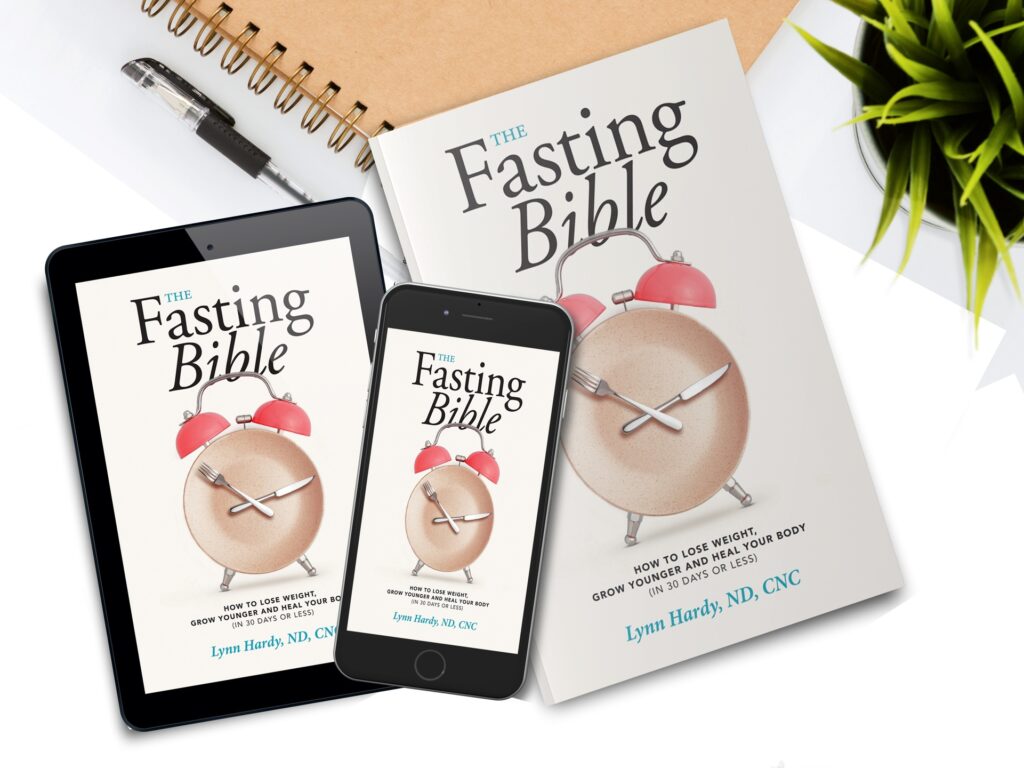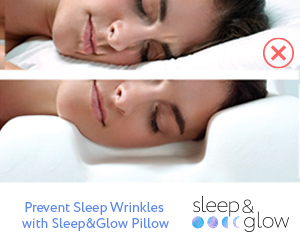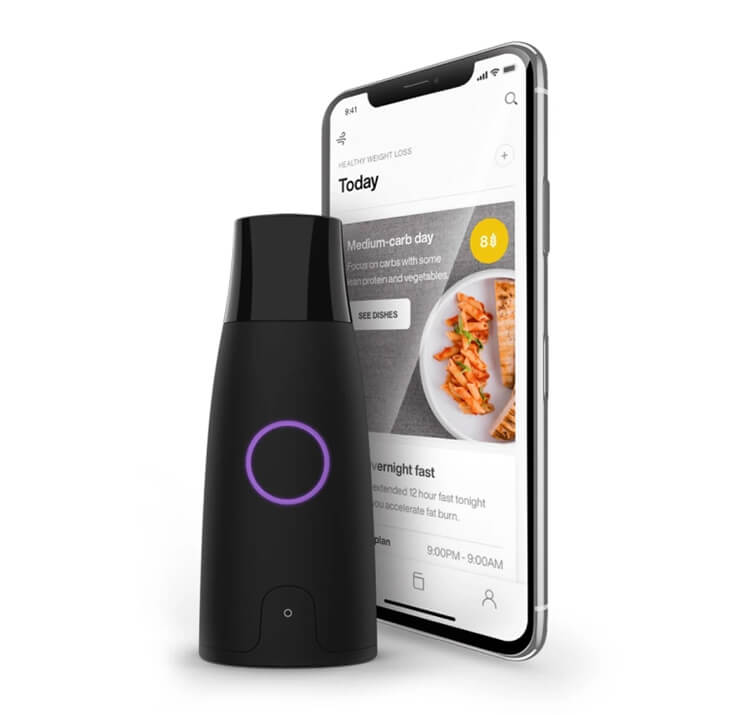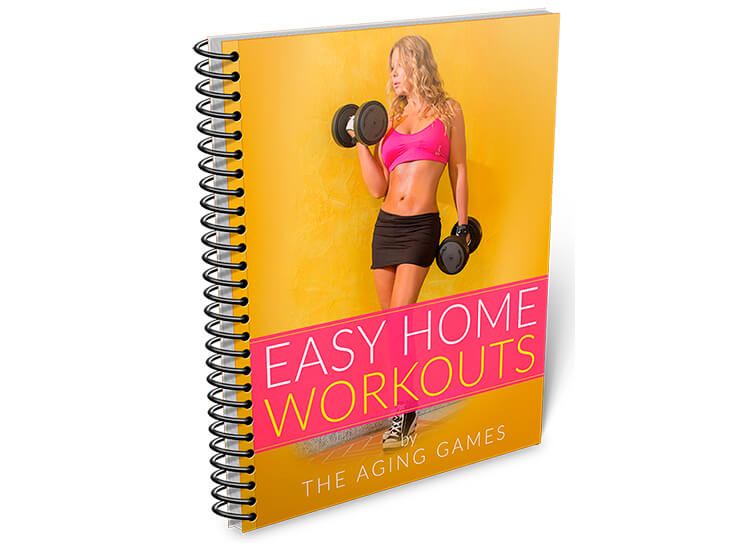In spite of what mainstream science tells us, vegetable oils, even canola and sunflower, are not healthy sources of healthy fats. The “evidence” that the National Institutes of Health, the American Heart Association, and other institutes are based on incomplete data going back to the 1960s, in which they believed that replacing saturated fats (like butter) with vegetable oil (like corn oil) led to lower cholesterol and heart disease. However, this isn’t the case.
Data Shows Vegetable Oils Aren’t Healthy
In 2016, a study from the UNC School of Medicine and the National Institutes of Health showed that in spite of the lowered cholesterol, those who used corn oil to replace butter had a great risk of dying from heart disease.
To date, no institute has turned around and looked at the newer evidence against vegetable-based cooking oils, while millions of people continue to listen to bad science. There are many reasons for this, from lack of funding to lack of interest, but the lesson to learn is that vegetable oils are poison to the body.
Vegetable Oils are Unstable
Vegetable oils like corn, canola, sunflower, soybean, and safflower are highly unstable. Unstable molecules are known to be highly inflammatory, meaning they create internal inflammation in our bodies. This condition is linked to accelerated aging and chronic disease. This may be because they are high in Omega 6, which isn’t necessarily bad if it is balanced with the appropriate amount of Omega 3s. Unfortunately, the average person consumes about 20 times more Omega 6s than they should, and this balance (or lack of balance) can kill you. There are safer alternatives for cooking that you can use.
Opt for Better Alternatives
Instead of processed vegetable oils, stick to natural, saturated fats that our ancestors ate for thousands of years. Lard is one of the healthiest, containing 60% of monounsaturated fats, which is linked to lowered heart disease. Oleic acid is the type of fat found in lard, which is the same substance that makes olive oil healthy. Lard has a high cooking point, meaning you can cook with it, and your food will not become carcinogenic. The same cannot be said for vegetable oils, and even olive oil should not be used for frying.
Butter and ghee are runner-ups, following lard, with 45% monounsaturated fats. And if you use grass-fed butter, you will get even more health benefits, including vitamins A and K2, both good for bone and heart health. Ghee also has higher levels of short-chain fatty acids which can help improve digestion. Both butter and ghee are delicious sources of healthy fats that will add flavor to your meals and benefit your overall health.
Bust More Common Dietary Myths
For more insight into your health, check out the Age Defying Video Program. This online course provides tools and guidance for preventing age-related diseases and protecting your health. It will help you with natural ways to stay healthy and young, including the truth about many common dietary myths.

